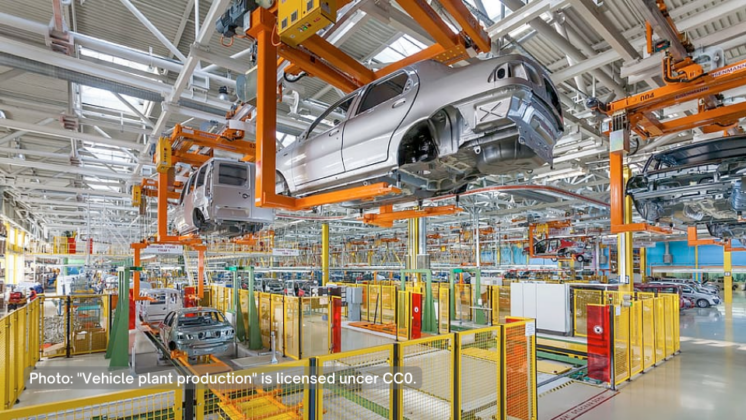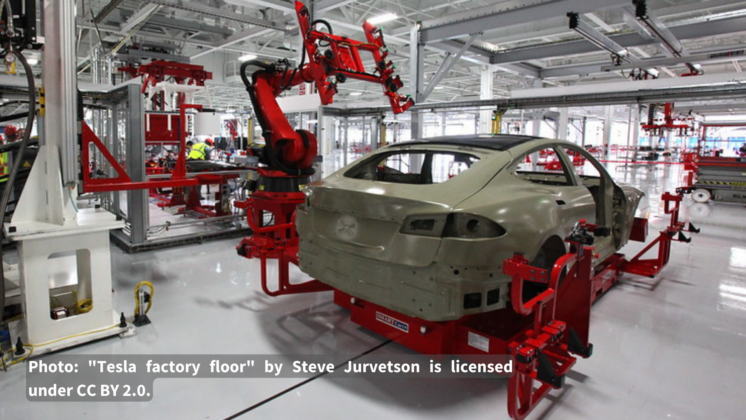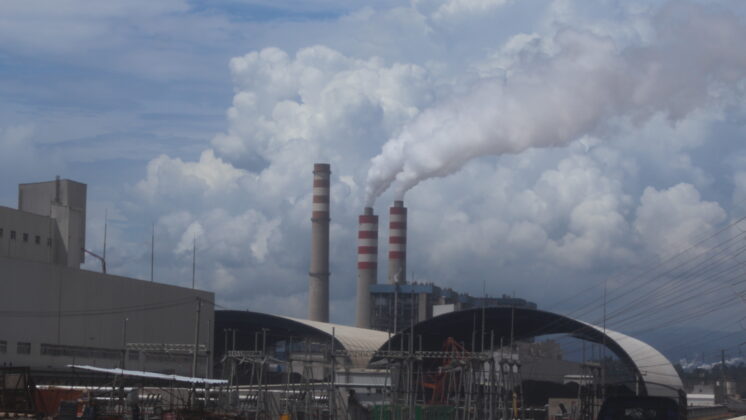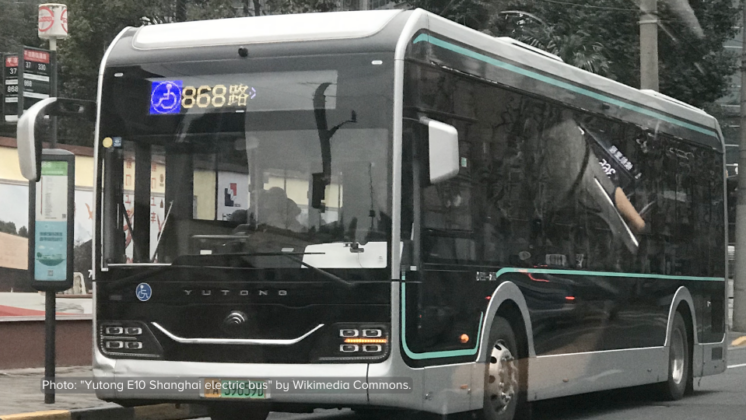Japan’s carmakers are set to accelerate efforts in the country’s transition to electric vehicles. The shift might seem slow but it is seen to drastically reshape the structure of the car manufacturing industry, with businesses expected to adapt their production strategies.

Honda Motor, the second-largest automaker by sales in Japan previously announced that it it would end producing gasoline-powered vehicles by 2040. By 2025, it is set to close its powertrain production unit in the city of Moka. Consulting firm Arthur D. Little estimates that about 680,000 people work for auto parts suppliers, and about 84,000 jobs could be cut by 2050 as part of the electric vehicle shift. The Japanese government meanwhile had launched support services and subsidies for small suppliers to mitigate impact of the shift.
Battery-based EVs account for about 1% of cars sold in Japan last year, far from the United Kingdom’s 11.6% and the European Union’s 9.1% sales respectively. The hybrid vehicles still enjoys high popularity at about 40% of car sales last year. Despite this, more EV models are expected to hit the market in the coming years. Toyota has launched its first mass-produced EV model early this year followed by the Nissan-Mitsubishi alliance releasing its mini-vehicle models.
Carmakers also highlight software integration with artificial intelligence being critical to self-driving cars. Honda has partnered with another Japanese multinational, Sony, for in-vehicle entertainment such as music and video games.
The article was first published by the Japan Times. Read more here.







